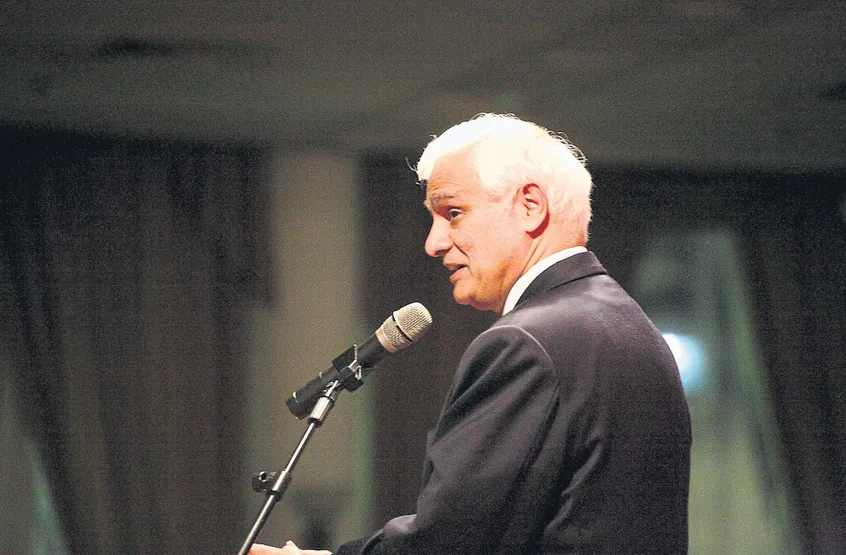EN interviews a giant among contemporary defenders of the faith
Ravi Zacharias is one of the world’s leading Christian apologists and was in Britain for the Keswick Convention.
en: Tell us a little about your worldwide ministry.
RZ: Thirty years ago, Ravi Zacharias International Ministries began with a handful of friends and a specific calling: to reach and challenge those who shape the ideas of a culture with the credibility of the gospel of Jesus Christ. We now have offices in 12 countries with a speaking team of 30. Our vision is to continue to build a global team with a five-fold thrust of evangelism, apologetics, spiritual disciplines, training, and humanitarian support (through our outreach of Wellspring International). We accomplish this through a variety of resources and venues, including the Oxford Centre for Christian Apologetics, where we train and develop future apologist-evangelists.


